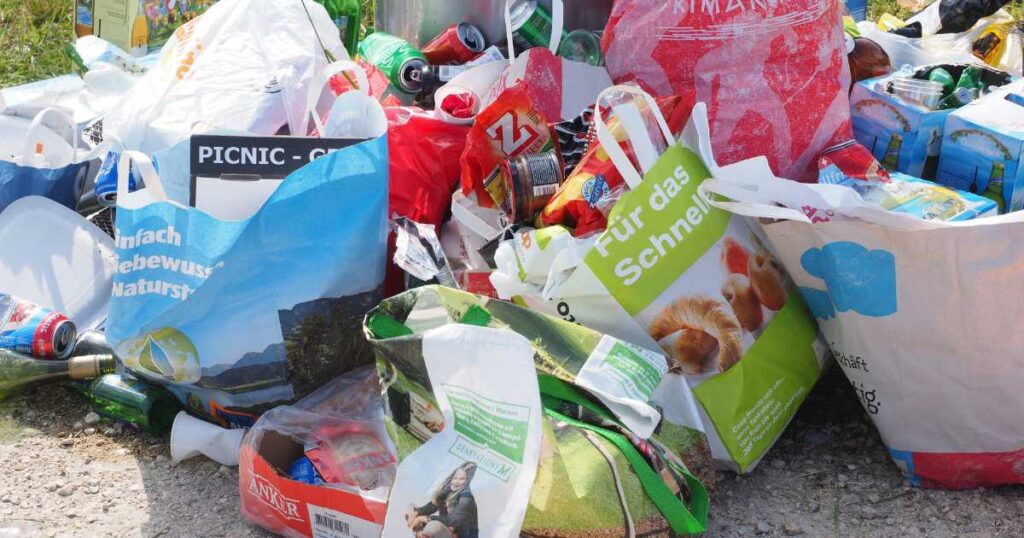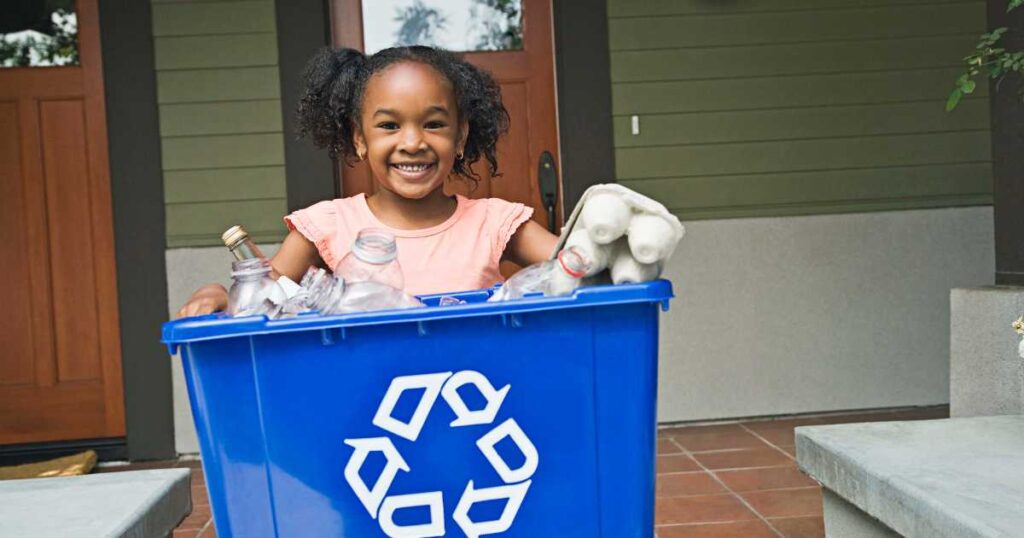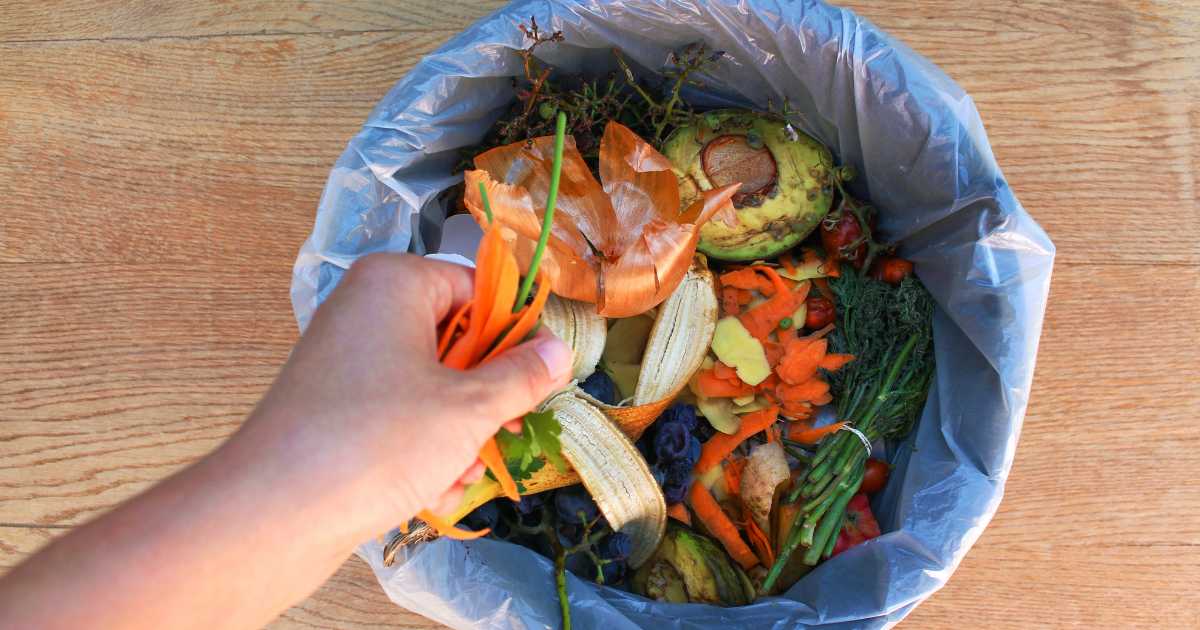Community organizations have the incredible potential to shape a brighter future and make a real difference in the world. If you’re passionate about solving environmental issues and cutting down on waste, joining a local environmental group could be your chance to spark real change!
By getting involved, you’ll help raise awareness about the impact of our actions on the planet and inspire others to step up and do their part. It’s a powerful way to connect with others, share stories, and build a community dedicated to making a positive impact.
For community organizations to truly succeed, they must stay focused on what really matters. Operating independently, free from political influence, allows them to stay true to their mission and achieve the greatest possible impact. When it comes to reducing waste, two strategies stand out: recycling and reusing.
Recycling involves collecting waste and turning it into new, useful materials, while reusing is all about finding new ways to give items a second life. For example, switching from a disposable plastic bottle to a reusable one is a small change that saves resources and cuts down on waste. Ready to take action? Here are some exciting ideas to get your plan into motion:
Partnering with Local Governments for a Greener Future
Teaming up with local governments is a powerful way to tackle the growing problem of waste and create a cleaner, healthier environment for everyone. Here’s why this partnership is so essential:
Preventing Pollution: If we don’t act now to reduce waste, our environment will face even greater pollution. Protecting our planet is not just a choice—it’s a necessity.
Shared Responsibility: Waste management isn’t just about individual efforts; it’s about taking collective responsibility. By working together, we can help others address waste-related challenges and build stronger, more sustainable communities.
Creating Impactful Laws: Collaborating with governments allows us to push for laws that regulate waste production. Without these regulations, waste will continue to pollute our waterways, rivers, and oceans, putting both our health and the environment at risk. This partnership can also streamline initiatives like obtaining permits for waste disposal projects.
Preventing Future Waste: It’s not just about managing existing waste—it’s about preventing new waste. Encouraging policies that promote sustainable consumption ensures we only produce what’s necessary, reducing the strain on our planet.
Advocating for Green Solutions: We can push for eco-friendly products and services that help minimize waste. Promoting sustainable manufacturing and mindful consumption can significantly reduce the waste we produce. By collaborating closely with local governments, we can unite in the fight against waste and drive meaningful environmental change. Together, let’s work towards a cleaner, greener future!
Monitor Waste and Take Action
It’s surprising how much waste we generate every single day—often without giving it a second thought. Despite recycling efforts in many places, the problem persists, and there’s always more we can do. Taking responsibility for our waste is the first step toward meaningful change. For large-scale efforts, consider options like dumpster rentals for waste collection.
By paying attention to the waste we create, we can identify patterns and discover opportunities to reduce, reuse, or recycle more effectively. For example, how often do you throw away items like single-use plastics, paper, or food scraps? Could these be reused, composted, or recycled? Simple shifts in daily habits can lead to substantial environmental benefits over time.
When we take charge of our waste management, we’re not only reducing pollution but also conserving resources, saving money, and contributing to a healthier planet. This doesn’t just benefit us—it ensures a better future for the generations to come.
Want to make a real difference? Start by tracking your waste output for a week. Analyze what you throw away, categorize it, and see where you can cut back. Share your findings with friends, family, or your community to inspire them to do the same.
Together, we can build cleaner, greener, waste-free communities by being mindful and proactive in waste management.

Educate About Waste Management
Many communities still lack proper waste management systems, leaving trash scattered in streets, parks, and waterways. This isn’t just an eyesore—it’s a serious environmental hazard. Without education and awareness, the problem only grows.
The Power of Education:
Awareness Is Key: Many people don’t realize the impact of improper waste disposal. For instance, plastic trash can take hundreds of years to decompose, polluting ecosystems and harming wildlife. Educating others about these consequences is essential to spark change.
Teaching Sustainable Habits: Encouraging habits like using reusable bags, bottles, and containers can significantly reduce waste. Show people how small choices can lead to big results.
Recycling and Its Benefits: Recycling reduces the need for raw materials and energy. For example, recycling paper saves trees and water while reducing landfill waste. Share these facts to inspire action.
Ways to Educate Your Community:
Door-to-Door Campaigns: Visit neighbors to discuss the importance of proper garbage disposal and recycling. Provide tips and resources to make it easy for them to get started.
Public Awareness Drives: Host workshops, set up community events, or partner with schools to spread knowledge about reducing, reusing, and recycling. You could even provide practical guidance on choosing the right dumpster for community projects.
Visual Learning: Use posters, infographics, or videos to explain the benefits of waste management and demonstrate the harm caused by littering.
Organize Cleanup Events: Hands-on activities like community cleanups can make a lasting impression and encourage people to adopt better habits.
Benefits of Recycling:
Recycling isn’t just about reducing waste—it’s about creating a cycle of sustainability. Here’s how:
Paper: Recycling paper saves energy, water, and trees. Used paper can be turned into books, magazines, or packaging.
Plastics: Instead of polluting oceans, recycled plastics can be transformed into new products like clothing or furniture.
Glass and Metal: These materials can be endlessly recycled without losing quality, reducing the need for raw materials.

Beyond Recycling:
To truly reduce waste, it’s important to think beyond recycling. Advocate for:
Composting: Organic waste like food scraps and yard trimmings can be composted to enrich soil instead of filling up landfills.
Eco-Friendly Products: Support products made from sustainable materials or with minimal packaging.
Reducing New Production: Encourage the repair and reuse of items instead of buying new ones. This minimizes the energy and resources required for production. By promoting these practices, we can shift mindsets and create a culture where waste management and environmental responsibility become the norm. Education is the foundation for change, and every conversation, campaign, or effort helps pave the way to a cleaner, greener future.
Frequently Asked Questions
How can waste management be improved?
Many people still don’t fully understand how to recycle properly, yet recycling is one of the most effective ways to protect our environment and secure a better future for generations to come. By embracing recycling, we’re not just cleaning up our surroundings; we’re actively contributing to a healthier planet.
Recycling reduces pollution, helps maintain community cleanliness, and boosts safety. Choosing not to recycle is a missed opportunity to make a global impact. Every small action counts when it comes to protecting our planet—and each individual’s choices can make a difference.
What are the best approaches for waste management?
There’s no one-size-fits-all solution for waste management, as different communities have different needs and capacities. Some use curbside collection for recycling, while others may have more specialized systems, like separate bins for trash and recyclables, or even composting programs.
While convenient, single-use bins require more space and may lower recycling rates in larger communities. That’s why separate collection systems for trash and recyclables are essential for improving efficiency and reducing waste. Communities must also ensure that recyclables are picked up on time to maintain a smooth process.
What are the 7 steps in managing waste?
Produce less waste: The best way to manage waste is to not produce it in the first place!
Reuse: Find ways to give items a second life instead of throwing them away.
Recycle: Transform waste into new materials to reduce demand for raw resources.
Compost: Organic waste can become nutrient-rich soil instead of filling up landfills.
Burn to create energy: Waste can be used to generate energy in some cases.
Landfill: As a last resort, dispose of waste in designated landfills.
Burn without creating energy: Not every disposal method is ideal, but each step can contribute to managing our waste effectively.
What are the best ways to reduce waste?
Shop eco-friendly: Use reusable bags to reduce plastic waste.
Avoid disposables: Opt for reusable kitchenware instead of single-use items.
Go bulk: Skip single-serving products and buy in bulk to minimize packaging waste.
Say no to disposable water bottles and coffee cups: Invest in reusable alternatives.
Reduce food waste: Plan meals and store food properly to avoid unnecessary waste.
Join buy-and-sell groups: Swap items instead of discarding them.
Reconsider your clothing purchases: Try second-hand shops or clothing swaps to reduce textile waste.
What are the main types of waste management?
Recycling: Converting waste into reusable materials.
Incineration: Incinerating waste to decrease volume and produce energy.
Landfills: Disposing of waste in designated areas.
Biological Reprocessing: Using natural processes like composting to break down organic waste.
Animal Feed: Repurposing food waste as feed for animals.
Conclusion
Community organizations hold the key to driving positive change and creating a sustainable future for us all. By taking action, we can collectively tackle environmental challenges and reduce waste in impactful ways. Whether it’s through recycling, reusing, or raising awareness, every effort counts in protecting our planet.
By staying focused on what truly matters and working independently, community groups can make a lasting difference, inspiring others to join the movement. Let’s unite, take responsibility for our actions, and empower each other to create a cleaner, greener world for future generations. Together, we can turn small steps into meaningful change!
